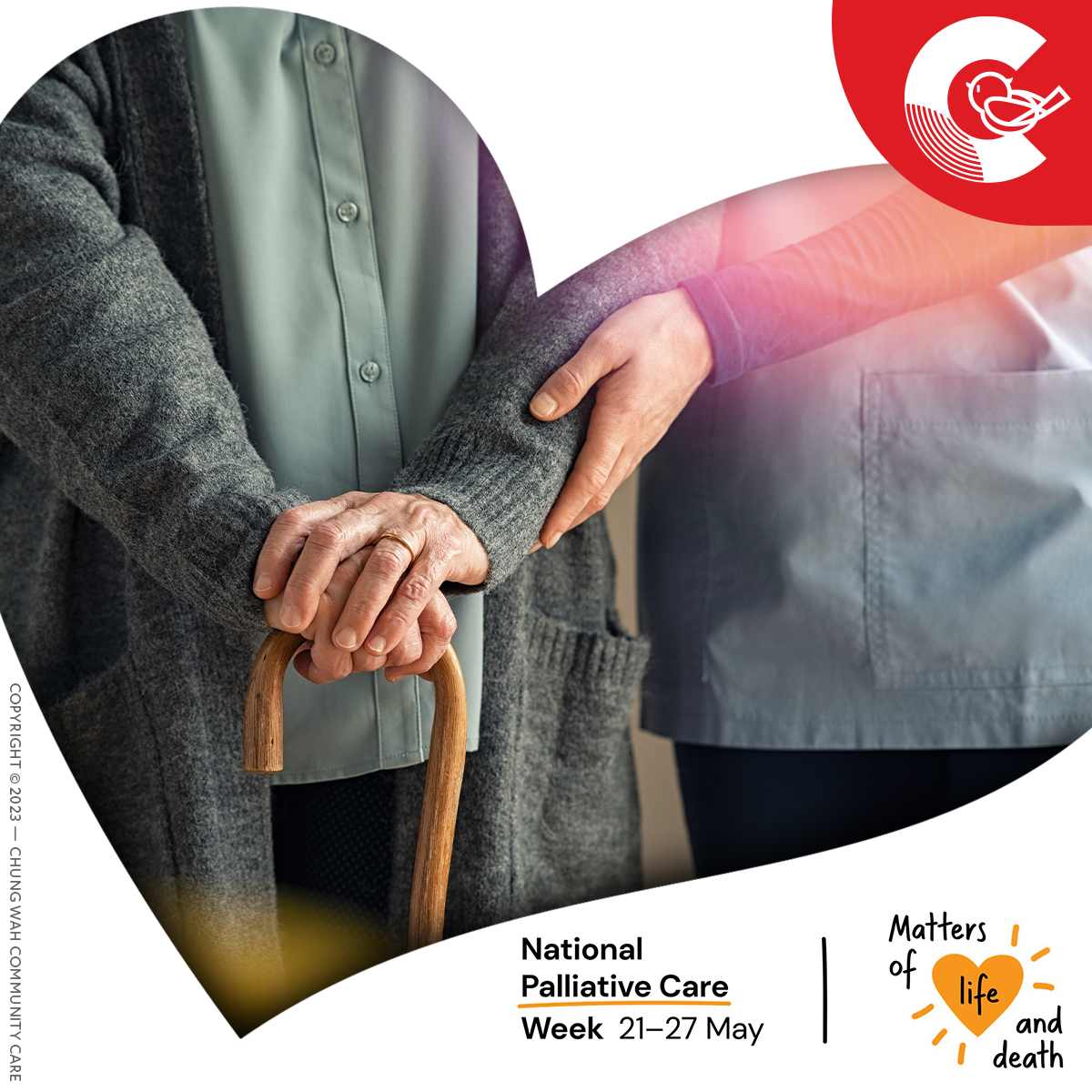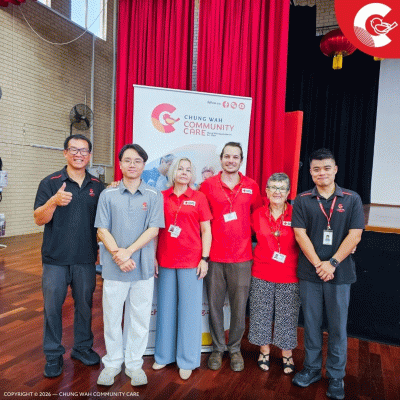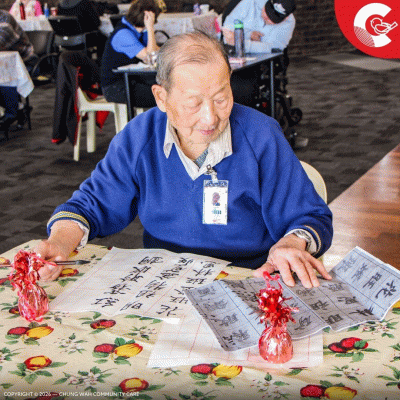During the National Palliative Care Week in late May, Palliative Care WA organised a series of events to promote palliative care and raise awareness among Australians about "Matters of Life and Death".
Palliative Care is a government-funded supportive care service in Australia. While the term "Palliative Care" is well recognised in Western culture, its translations in Chinese vary, such as "安宁疗护", "姑息医疗", "临终关怀" (end-of-life care), "缓和医疗", "缓和护理" etc. As a result, many people from non-English-speaking backgrounds are unfamiliar with palliative care and may even hold negative perceptions.

What is "Palliative Care"?
As early as the 11th century in Europe, based on Roman religious traditions, churches became places for caring for the sick, injured, and dying people, laying the foundation for palliative care. In 1967, Cicely Saunders, a British woman, advocated for palliative care and extended related services and research overseas. Dr Mount in Canada later named this service "Palliative Care." Palliative care has then flourished in hospitals and communities worldwide.
How is Palliative Care different from general medical care?
General medical care focuses on treating diseases using various medical approaches. Palliative Care, on the other hand, prioritises patients and their families, aiming to improve their quality of life. The World Health Organization (WHO) defines Palliative Care as a systematic approach that improves the quality of life of patients and their families facing the problems associated with life-threatening illness through the prevention and relief of suffering by means of early identification, correct assessment and treatment of pain and other problems, whether physical, psychosocial or spiritual.
Who needs Palliative Care?
Palliative Care is suitable for anyone, irrespective of age, race, culture, background, or religion. According to WHO data, over 40 million people worldwide require palliative care each year. The majority of them have chronic diseases such as cardiovascular disease (39%), cancer (34%), chronic respiratory disease (10%), AIDS (6%), and diabetes (5%).
The Process of Palliative Care Services
The palliative care services are delivered by professionals, including physicians, nursing, support health professionals (such as physiotherapists and nutritionists), social workers, counsellors, and volunteers. Palliative care is the most effective in the early course of the illness. It supports patients in accordance with their health conditions, helping them "live" with dignity in their final stage of life. In addition, the service extends to caring for their family and carers to grieve their impending loss.
Chung Wah Community Care (Chung Wah CC) regularly promotes palliative care in the Asian community. Mrs Kwok, CEO of Chung Wah CC, attended a breakfast seminar organised by Palliative Care WA on May 25 as one of the guest speakers. Chung Wah CC's community hubs regularly hold palliative care seminars to strengthen the understanding and awareness of palliative care among the Asian community.
Chung Wah has been servicing the WA community since 1909, dedicated to improving the quality of life of individuals from diverse backgrounds. Moreover, Chung Wah CC has over 35 years of professional care experience helping seniors and people with disability improve their well-being and better integrate into the community. In 2023, we're promoting our theme, "Embrace, Elevate & Flourish", and build a better community for all.





